Data statistics, as of 2020/03/23, 01:10
Coronavirus: Statistics
For updated information about the coronavirus numbers in and outside of China, click here.
For updated information about the coronavirus numbers in Chengdu, click here.
Real-time Feeds of the Coronavirus Case Count
As a continuous stream of information comes out from various sources on China’s novel coronavirus outbreak – its useful to know how your city is being affected by the infectious disease.
DXY.cn (Chinese : 丁香园 ; pinyin : DīngXiāngYuán), a Chinese online healthcare platform, has put together a real-time feed of the coronavirus case count as well as the latest updates. For
⇣
The information is in Chinese, though here are some guidelines:
确诊 = Confirmed cases (red)
疑似 = Suspected cases (orange)
累计确诊 = Accumulated cases (brown)
死亡 = Dead (dark blue)
治愈 = Recovered (green)
To see the stats, click here OR scan the QR code below:
If you have the latest version of WeChat, you can now also check the stats in your WeChat Pay options:
Coronavirus: Symptoms, Incubation Period and more
Symptoms and difference with bacterial pneunomia.
The primary symptoms of the virus are a dry cough, fever and breathing problems. In severe cases, an infected individual can develop pneumonia from it. There are two types of pneumonia, bacterial and viral. If you have bacterial pneumonia, you can be treated with antibiotics, and if you have viral pneumonia the treatment is more generic: rest, drink fluids and manage your fever.
Find out if You’ve Traveled with a Coronavirus Patient
For anyone who has traveled by plane or train within the last month, you can input your flight or train number to learn whether a passenger infected by the novel coronavirus (2019-nCoV) was on your trip.
The coronavirus tracker is available on 133.cn – scan the QR code below to access it.
⇣
If you see the following message after inputting the information, then no one on your flight or train is reported to having the coronavirus.
Image: 133.cn
Some infected patients aren’t showing a fever
The average incubation period (the period between exposure to an infection and the appearance of the first symptoms) is 10 days, according to the head of China’s National Health Commission. It is confirmed that some infected patients are not showing signs of a fever, a symptom goverments around the world have been using to screen for the pathogen.
Scientists working on possible treatment/ cure
Faced with this new health emergency, scientists in China and elsewhere are brainstorming to find effective measures to identify the virus’ source and contain its impact. The virus itself still has a lot of unknowns that health experts are trying to figure out. It’s thought at this current time most people that contract the virus will fully recover – but experts won’t be able to confirm this for some time.
Expansion of Health Services – City governments have designated special fever clinics and hospitals specifically for pneumonia. They have also announced that all 2019-nCov patients hospital fees (inpatient and outpatient) will be covered by the state. Whether this applies to foreigners is not clear, but should be clear in the coming weeks
Cancelled China flights + Travel ban information
Click here for full list of the airlines that have announced travel restrictions to China, and a list of countries that have imposed travel bans or mandatory quarantines for travelers from China.
Should I stay or should I go now?
So, should we head for the airports and get out of Dodge until this all dies down? There’s no straight-forward answer and it depends a lot on your specific situation. For example, do you have young children who are vulnerable, can you work remotely or take an extended holiday, do you have pets you are reluctant to abandon? If you are of a nervous disposition and worry about what MIGHT happen, perhaps for peace of mind, you should consider leaving until this blows over. It should be noted though that the mere act of being on an airplane with a few hundred others for a sustained period of time poses its own risks. On the other hand, the government is taking sensible steps to minimize the spread of the virus, learning from the SARS experience. Additionally, the risks are still relatively low and can be reduced further by taking sensible precautions like washing hands thoroughly and often, avoiding crowded, enclosed spaces (to be honest there aren’t many of these places at the moment), cook food thoroughly to kill of any germs.
When making what is obviously a very important decision, what’s important is to deal with facts and ignore the plethora of misinformation, rumours and fake news that’s floating around on social media as well as in some of the less responsible media outlets. These include scary tales of how the “real” infection rate is in the hundreds of thousands (if that were true, isn’t it odd that most people do not know anyone who has been infected), or that the airports are soon to shut down and everyone will be stuck. There are also rumours of food shortages and empty supermarket shelves, causing some people to stockpile food and water, but these are largely unsubstantiated or real situations taken out of context (lunar new year is always affected by some inventory issues due to fewer staff on duty and company shutdowns, but these quickly resolve themselves as we move away from the festive period).
Coronavirus: Useful information
Elderly and weak
The immune function of different populations is different, the elderly, people with chronic diseases or people with low immunity are more susceptible to infection, but children and adolescents also need to be protected. Most deceased were over 50, and had underlying health issues. Experts have suggested that children and young people are less susceptible to the virus.
Employment legal advice:
The general advice given by China Law Blog is that employers should provide their employees their normal pay during China’s extended holiday/time off period, at least until further government notice. They also advise China employers not to ask their employees to use their accrued vacation time or take unpaid leave.
China employers facing these new rules and challenges should try their best to stay current on the new rules and laws and comply with them. Above all else this means being aware that your company might be required to comply with new national laws, new provincial laws, and new local laws. See China Employment Law: Local and Not So Simple.
- Think long and hard before you terminate an employee, regardless of whether you will be paying severance. The Chinese authorities have emphasized that they do not want to see workforce reductions or layoffs happening right now. In addition to staying compliant from a legal standpoint, remember that at the end of the day your employees are human beings who want to stay safe and healthy and do not want to be punished for the virus outbreak.
More Information:
Chinese health officials confirmed that the pneumonia like virus came from wild animals sold at a market in Wuhan.
Global stocks are broadly down, deepening fears across the world of a potential public health emergency.
- The National Health Security Administration said that all coronavirus patients in the country will be covered by national health insurance, and that such individuals will be given top priority for treatment with no out-of-pocket costs.
No “super spreader” – a patient who has transmitted the virus to more than 10 people – has been discovered so far.
A ban on the trade of live poultry and wild animals has also been implemented in Wuhan.
- To prevent a large number of discarded waste masks from causing infection, please put them into a bag and throw them away. Before you throw them away, you must cut them up into pieces to prevent them from being sold again.
Click here to read about How to Keep Yourself Safe from Coronavirus.
Airlines cutting China Flights
For an updated list of airliners that announced to cut China flights and Companies announced travel restrictions, click here.
What you should knoww about the illness
WHAT IS THE NEW VIRUS?
Scientists have identified it as a new coronavirus. The name comes from the Latin word for crowns or halos, which coronaviruses resemble under a microscope. The coronavirus family has many types that affect people. Some cause the common cold while others originating in bats, camels and other animals have evolved into more severe illnesses such as SARS — severe acute respiratory syndrome — or MERS — Middle East respiratory syndrome.
WHAT ARE THE SYMPTOMS?
Common symptoms include a runny nose, headache, cough and fever. Shortness of breath, chills and body aches are associated with more dangerous kinds of coronavirus, according to the U.S. Centers for Disease Control and Prevention. In serious cases, the virus can cause pneumonia.
HOW IS IT TREATED?
There is a test to identify the virus, but no vaccine to prevent an infection. Patients with the virus have been isolated in hospitals or homes to prevent spreading it. The symptoms are treated with pain and fever medication, and people are advised to drink plenty of liquids and rest while they recover.
HOW IS IT SPREADING?
Many coronaviruses can spread through coughing or sneezing, or by touching an infected person. Scientists believe the new virus can spread from person to person in close contact through the respiratory tract.
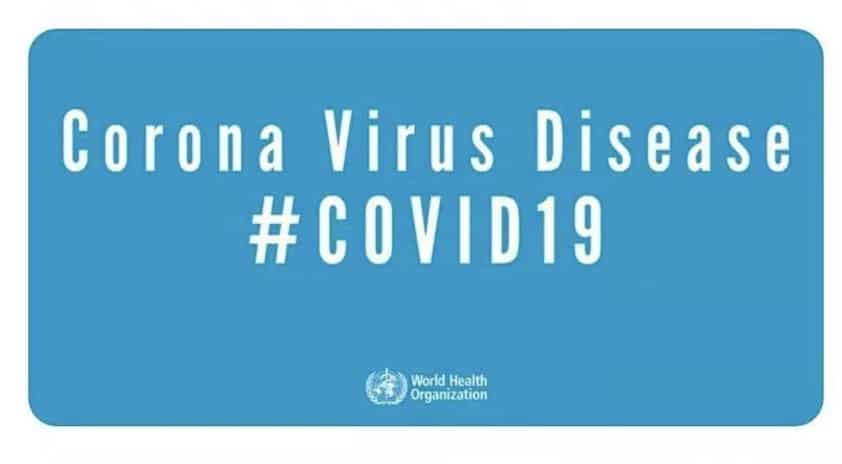
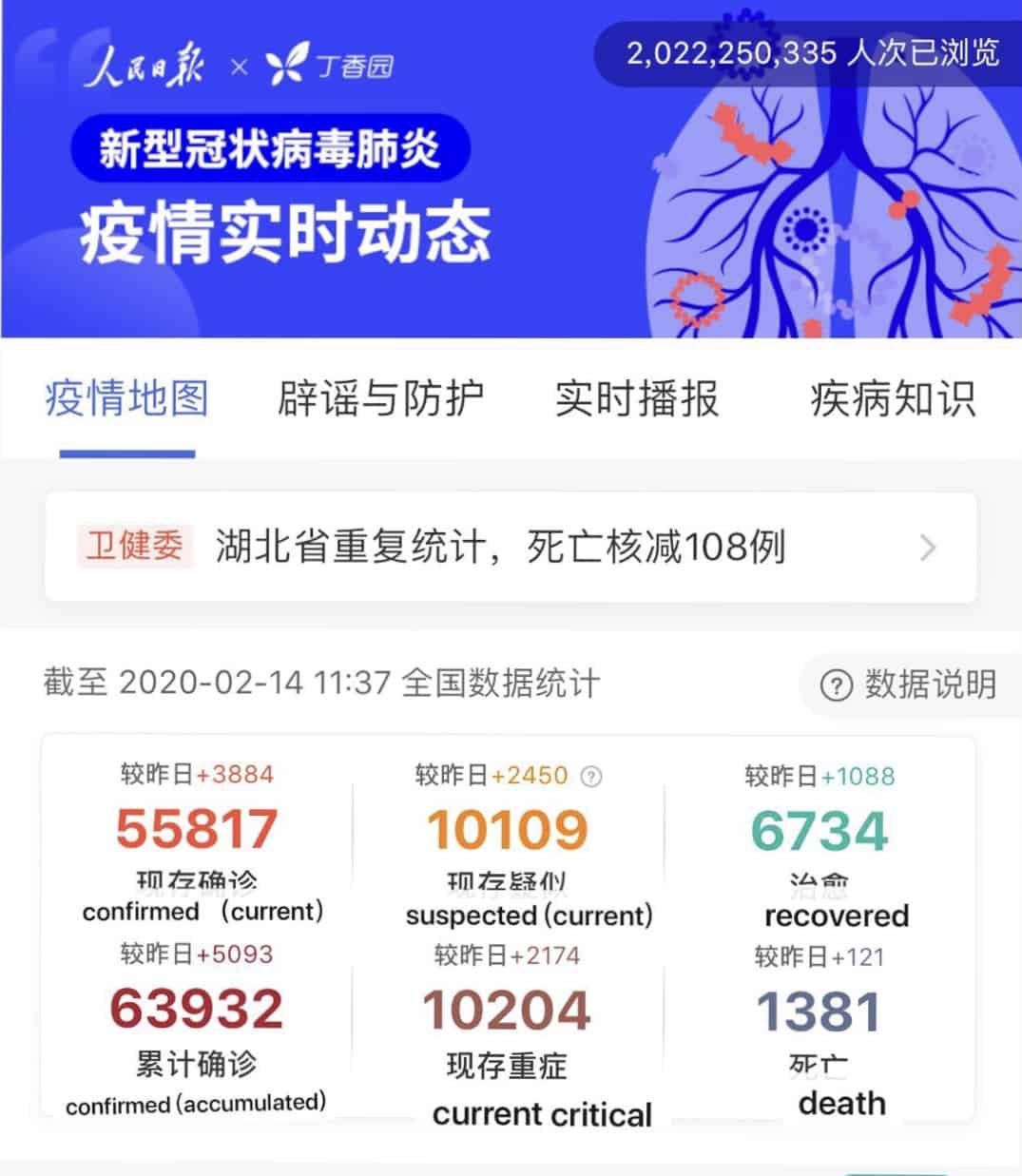

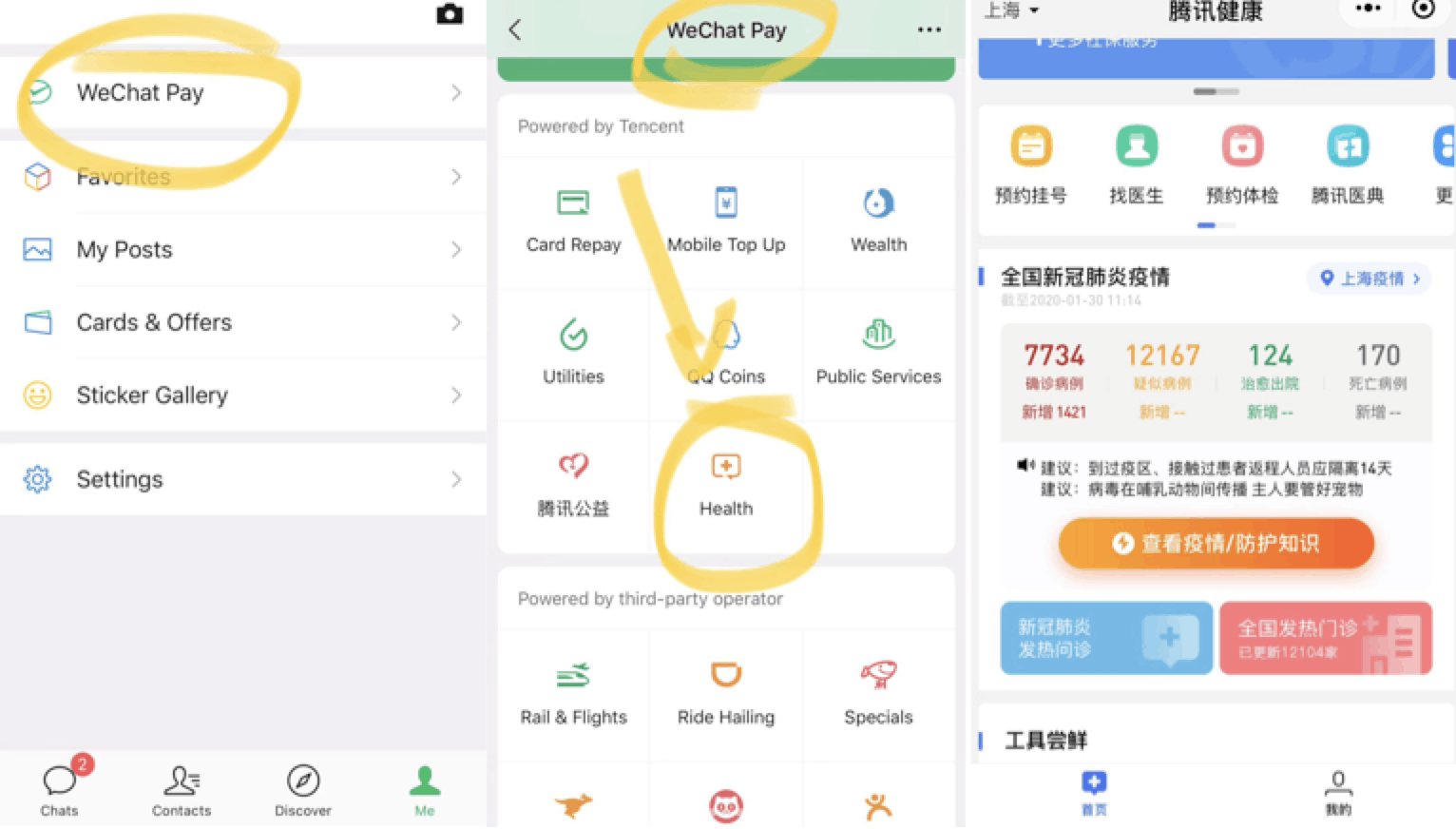
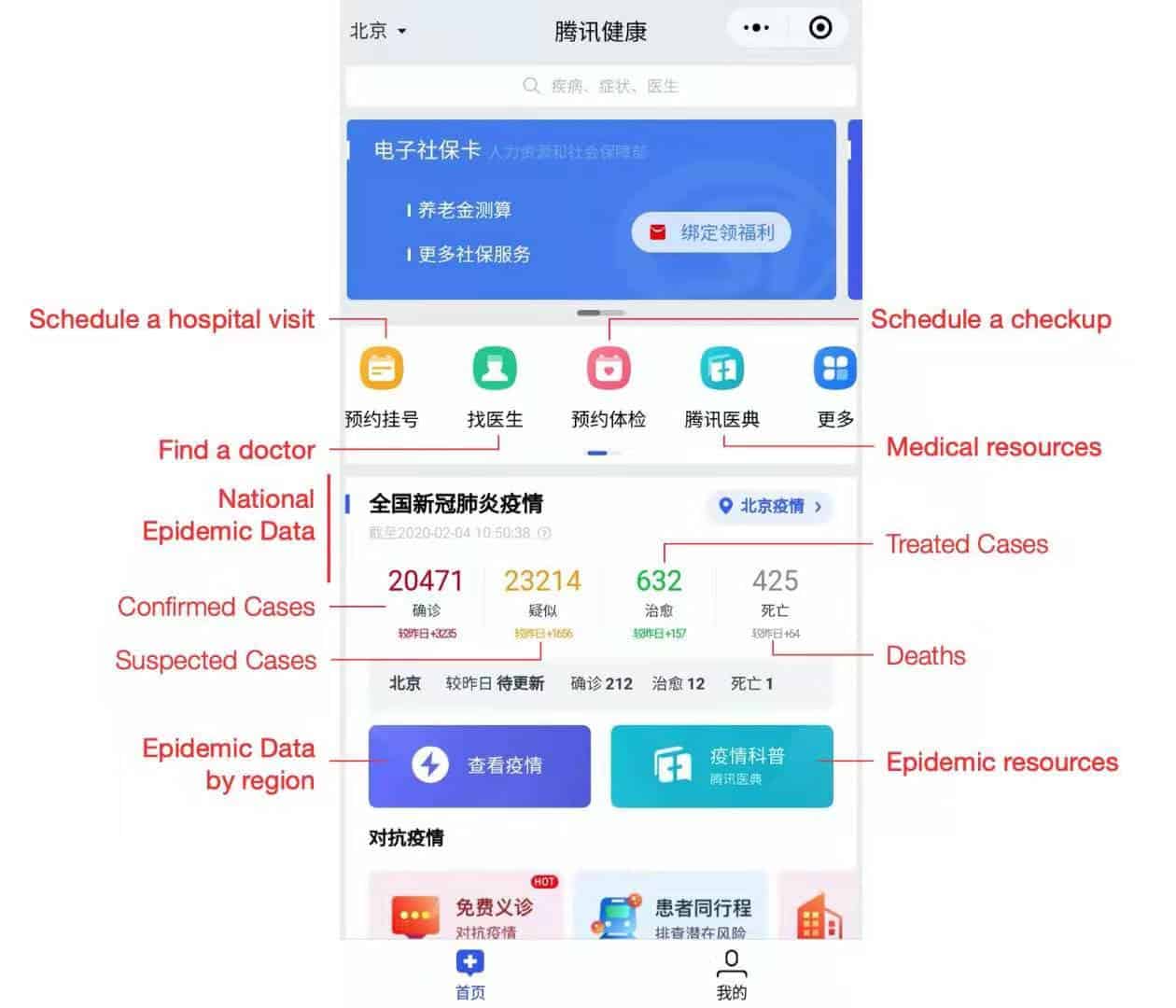
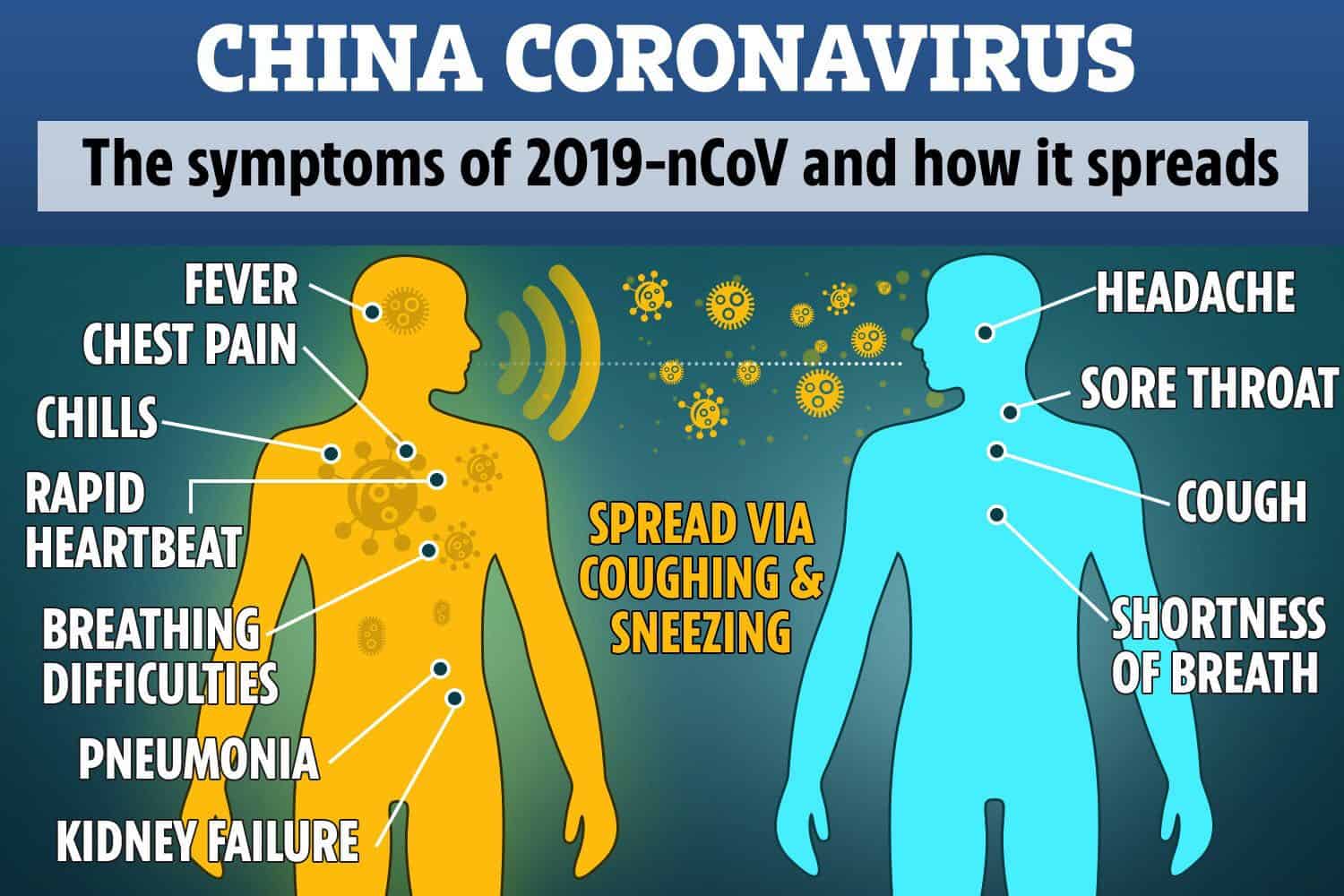

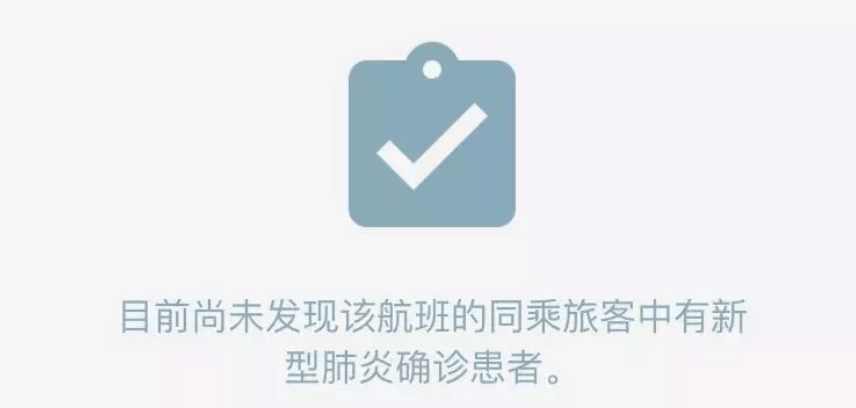
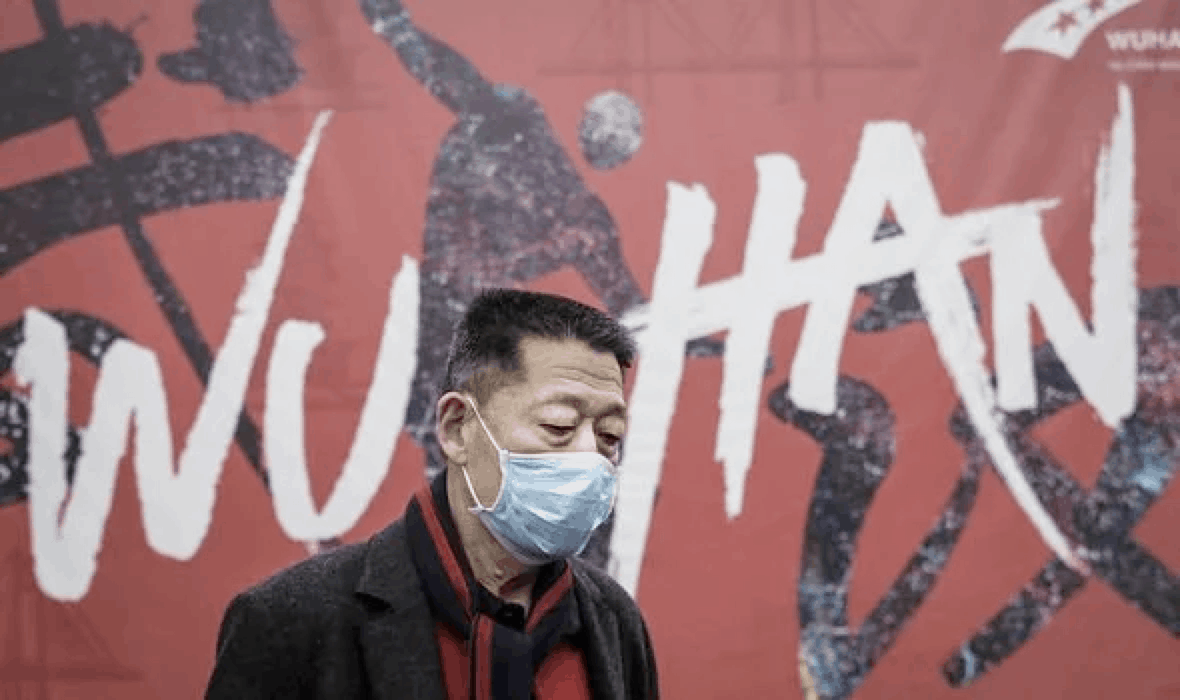
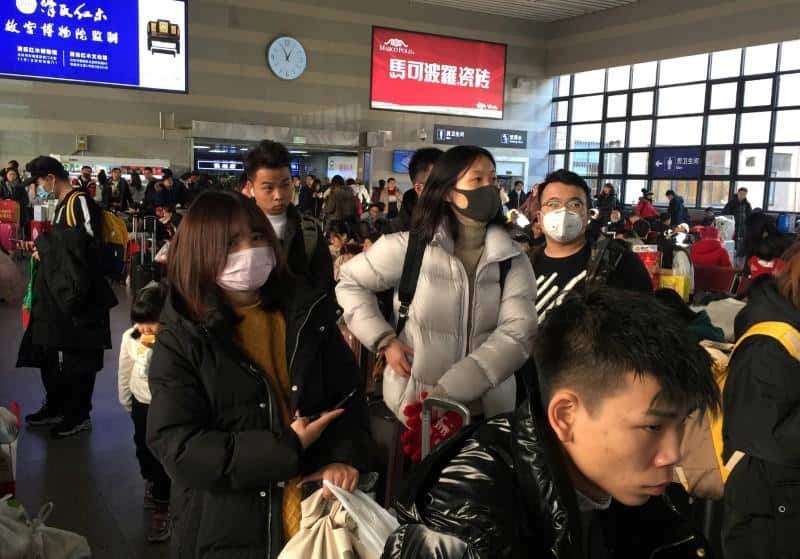



好
Que Deus, Nosso Senhor, abençoe a China!
latest update about the coronavirus
thanks for your recent updated
need latest update buddy
Keep us updated.
Estamos orando pelos chineses, que DEUS tenha misericórdia!!
Não entendi, o que está errado no meu comentário?
Tem varios comentarios aqui em portugues. Tem muitos portugueses ou brasileiros aqui em Chengdu?
Me adicione no WeChat, nao conheco nenhum lusofono aqui em Chengdu ainda!
Meu nome de usario e Chazski.
Thanks for information. Staying in. Weeks now. Ugh.
Don’t know how healthy stale air is or the chemical disinfectants for immune systems. But best we can do for Now
Our compound has now got a restriction on entry/exit of one person per household every two days. Is this now the standard for Chengdu or just a local measure? Also, do we know if incoming mail and/or couriers are still operating?